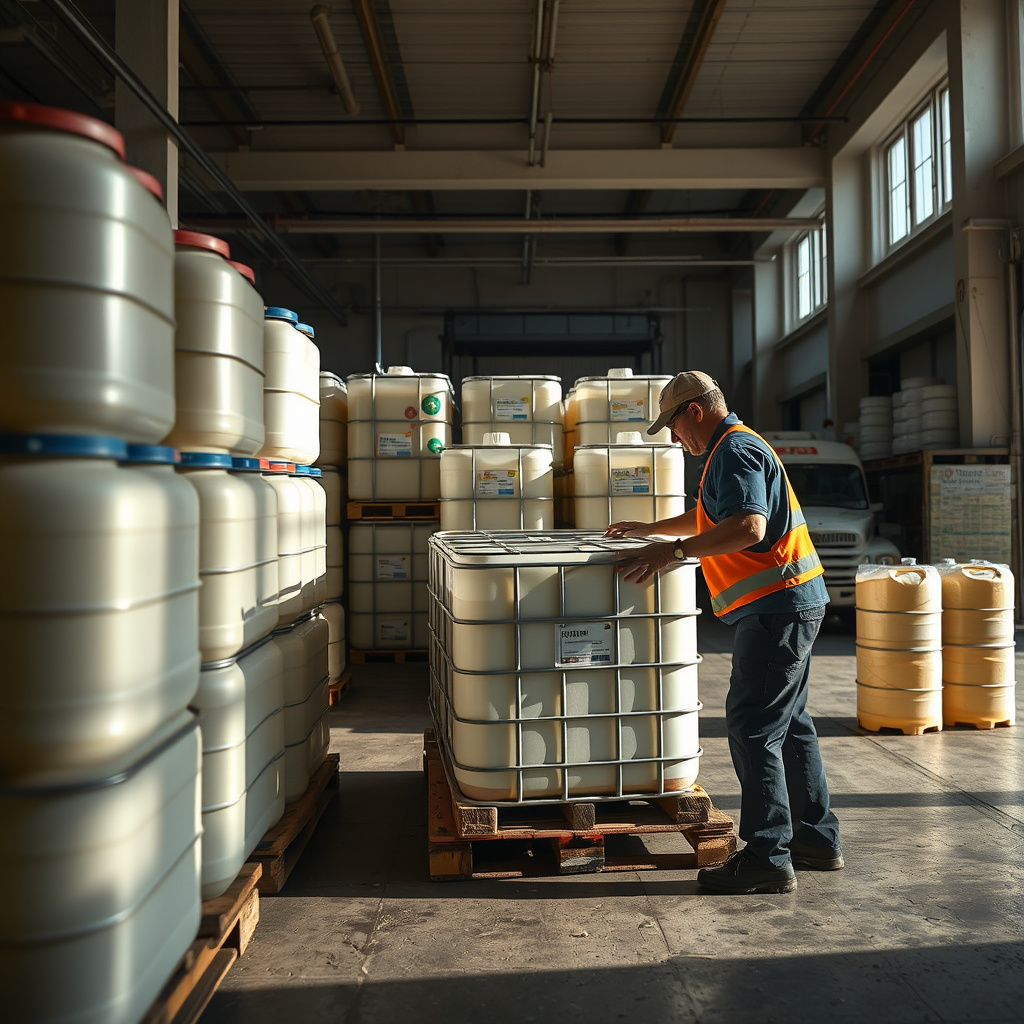Understanding Chemical Industry Sustainability
The concept of chemical industry sustainability encompasses the strategies and practices aimed at reducing the environmental impact of chemical production while promoting economic viability. It includes the efficient use of resources, minimizing waste, and ensuring that production processes comply with environmental regulations. By prioritizing sustainability, companies not only contribute to ecological preservation but also enhance their market competitiveness and brand reputation.
Key Principles of Sustainability in the Chemical Industry
The key principles guiding sustainability in the chemical industry include reducing carbon footprints, utilizing renewable resources, and implementing circular economy practices. By adopting these principles, companies can significantly lower their greenhouse gas emissions and transition towards more sustainable operational models. This approach not only aligns with regulatory requirements but also meets growing consumer demand for environmentally friendly products.
Regulatory Compliance and Sustainability
Regulatory compliance is a fundamental aspect of sustainability within the chemical industry. Companies must adhere to stringent regulations set forth by governmental bodies to ensure safe production and distribution of chemicals. Compliance with these regulations not only mitigates legal risks but also signals to customers and stakeholders a commitment to responsible business practices, enhancing trust and credibility in the market.
Innovative Technologies Driving Sustainability
The adoption of innovative technologies plays a pivotal role in enhancing sustainability in the chemical industry. Technologies such as green chemistry, bioprocessing, and advanced analytics enable companies to develop sustainable products and optimize their production processes. By leveraging these innovations, businesses can reduce resource consumption, minimize waste generation, and improve overall operational efficiency, which is essential for maintaining competitive advantage in the global market.
Life Cycle Assessment in Chemical Production
Life Cycle Assessment (LCA) is a critical tool used to evaluate the environmental impacts of chemical products throughout their entire life cycle, from raw material extraction to disposal. This systematic approach allows companies to identify areas for improvement in their sustainability efforts. By understanding the environmental implications of their products, businesses can make informed decisions that contribute to more sustainable practices and reduce their overall ecological footprint.
Supply Chain Sustainability in the Chemical Sector
Supply chain sustainability is increasingly becoming a focal point for companies within the chemical industry. By assessing the environmental and social impacts of their suppliers, businesses can ensure that their supply chains align with sustainability objectives. This not only enhances transparency and accountability but also fosters collaboration with suppliers to implement sustainable practices throughout the supply chain, ultimately leading to a more responsible industry.
Consumer Demand for Sustainable Chemical Products
As awareness of environmental issues grows, consumer demand for sustainable chemical products is on the rise. Customers are increasingly seeking products that are not only effective but also produced in an environmentally responsible manner. Companies that prioritize sustainability in their product offerings can differentiate themselves in the market, attracting a more eco-conscious consumer base and fostering brand loyalty.
The Role of Corporate Social Responsibility (CSR)
Corporate Social Responsibility (CSR) plays a significant role in promoting sustainability within the chemical industry. By integrating CSR into their business strategies, companies can demonstrate their commitment to ethical practices, environmental stewardship, and community engagement. This not only enhances their public image but also builds stronger relationships with stakeholders, including customers, employees, and regulatory bodies.
Challenges to Achieving Sustainability in the Chemical Industry
Despite the numerous benefits of sustainability, the chemical industry faces several challenges in its pursuit. These challenges include high production costs, technological limitations, and regulatory hurdles. Companies must navigate these obstacles while remaining committed to sustainable practices, often requiring innovative solutions and strategic partnerships to overcome barriers and achieve their sustainability goals.
Future Trends in Chemical Industry Sustainability
Looking ahead, the future of sustainability in the chemical industry is likely to be shaped by continued advancements in technology, evolving consumer preferences, and stricter regulatory frameworks. Companies that proactively adapt to these trends and invest in sustainable practices will be better positioned to succeed in a rapidly changing market. By embracing sustainability as a core business strategy, organizations can drive innovation and contribute to a more sustainable future for the industry.


